COMM115 – Fundamentals of Effective Interpersonal Communication
Hours: 45 Credits: 3.0
Successful, healthy, and productive Interpersonal relationships form the foundation of human services work. This course focuses on building self-awareness, the communication process, and the development of professional communication skills. Prerequisite: none
POLI265 – Human Rights & Diversity Issues
Hours: 45Credits: 3.0
This course will examine the role human rights and diversity issues play in human services professionals. Students will investigate various human rights and diversity principles and analyze their implications to professional practice. Current issues and social problems relating to our current cultural society will be examined. Prerequisite: None
ENGL110 – Fundamentals of English Composition
Hours: 45 Credits: 3.0
ENGL 110 focuses on essay writing at the post-secondary level. Students will examine examples of good writing, do short summaries, participate in critical exchanges in an individual and group setting, and complete several short writing assignments covering a spectrum of styles and purposes. Prerequisite: None
HSPD103 – Understanding and Working with Individuals with Exceptionalities
Hours: 45 Credits: 3.0
This introductory course focuses on understanding and working with individuals, children, youth, and adults with different disabilities and needs. Environmental, genetic and physical impairment, as well as, learning and language disabilities will be examined. An understanding of organic and functional differences will assist the student in comprehending special needs. Prerequisite: None
HSPD110 – Role Exploration & Competencies of the Human Services Worker
Hours: 45 Credits: 3.0
This course focuses on developing knowledge of the roles, responsibilities and competencies required of a Human Services Worker. Depending on the employment setting and the kinds of clients being served there, job titles and duties may vary. This is an opportunity for each student to investigate their area of specialization. Prerequisite: None
HSPD114 – Theory and Methods in Human Services
Hours: 45 Credits: 3.0
This course introduces theories, methods and concepts generally utilised in human services professions. The course examines various theories and methods in these professions, as well as their practical use. Major practice theories and evidence-based theoretical methodologies are explored. The course addresses its main objective: to expand essential theoretical and methodological skills and knowledge in human services professions. Prerequisite: None
HSPD200 – Interviewing & Counselling Skills for Human Services Workers
Hours: 45 Credits: 3.0
This course builds on the techniques of effective interpersonal communication and introduces students to the fundamental interviewing and counselling skills needed by a human services worker. Prerequisite: COMM 115, HSPD 110 or HSPD Director’s Approval.
HSPD241/HSPD242 – Human Services Program Practicum
Hours: 300 Credits: 6.0
This course offers students an opportunity to learn from experience – “learn by doing”. Students will secure a practicum/s and will gain valuable practical experience throughout their diploma program. Students will meet together for 28 hours of practicum seminars to explore practicum and employment issues. Each student will be journaling about her/his learning and progress achieved, and meeting with the Director Human Services Programs will be scheduled to review progress. As part of the practicum process, you will attend a 8-hour Non-Violent Crisis Intervention Workshop (CPI) for certification in this area. This is part of our preparation for you to have every advantage when seeking employment. Each student will be under the supervision of the Human Services Programs Director and a site supervisor. Attendance at all scheduled seminars/workshops and practicum appointments are compulsory. Prerequisite: Successful completion of appropriate courses as identified by the department.
HSPD245 – Family Systems, Dynamics and Support
Hours: 45 Credits: 3.0
This course will examine the impact of family relationships, each role within the family and the dynamics of these relationships. Cultural and religious diversity along with non-traditional families will also be explored. Prerequisite: None
HSPD250 – Community Development and Advocacy
Hours: 45 Credits: 3.0
The purpose of this course is to enable students to acquire the skills needed to participate in achieving constructive social change through the process of community involvement and advocacy. Both theories and practical applications will be discussed with a focus on the values of community work, power and how social structures are developed, maintained and changed. Students will be required to actively engage in community involvement for this course. Prerequisite: None
HSPD281 – Children and Youth at Risk
Hours: 45 Credits: 3.0
This course examines children and youth at risk in Canada. The course will explore issues facing this population, such as youth crime, substance abuse, schooling, family problems, peer pressure, alcoholism and poverty. Legal system and community implications, youth justice practice and solutions to delinquency problems will be also addressed. Special emphasis will be assigned to various roles, prevention strategies, interventions, knowledge and skills human services professionals need when dealing with children and youth at risk. Prerequisite: None
HSPD285 – Special Topics in Human Services
Hours: 45 Credits: 3.0
This course offers the student an opportunity to explore key topics and issues focusing on their area of specialization. Primary and secondary research will be used to prepare a major project on the topic/topics of choice. Prerequisite: HSPD110, HSPD107, HSPD103, HSPD275 or HSPD Director’s Approval.
HSPD295 – Mental Health Issues and Addiction
Hours: 45 Credits: 3.0
This course probes the issues relating to individuals with both mild to chronic and short to long-term mental health and illness challenges. Areas explored, but not limited to, include ADD/ADHD, Down’s syndrome, and Schizophrenia. Medication, natural alternatives, behavior modification and related interventions will be discussed. Prerequisite: None
INTE125 – Computer Skills for Professionals
Hours: 45 Credits: 3.0
This course has an emphasis on the computer skills and knowledge you need to be an effective professional in today’s work environment. Emphasis is placed on keyboarding, word-processing, and spreadsheets. Students will build their own e-Portfolio website, as well as be introduced to software designed to edit images, videos, and create blogs. Prerequisite: None
PHIL275 – Policies, Issues, Ethics and Professional Practices
Hours: 45 Credits: 3.0
This course focuses on becoming a professional. To choose to enter a profession is to take on a distinct and important set of responsibilities. The course is designed to probe into and investigate legal, personal, and societal values, ethics, morals and ideologies that impact on being a professional. The student will learn how their personal ethics come into play in their success as a professional. The course will pose many ethical issues and dilemmas for the student to consider as they evolve into a professional. Prerequisite: None
PSYC110 – Basic Concepts of Psychology
Hours: 45 Credits: 3.0
In this course, the student will understand the basic psychological principles, theories, applications and methodologies. Topics include the psychological study of human behavior, personality development, biological psychology, social psychology and abnormal psychology. Prerequisite: None
SOCI110 – An Introduction to Sociology
Hours: 45 Credits: 3.0
This course provides an introduction to the discipline of sociology. There will be an emphasis on the historical origins and development of the discipline. An introduction to, and a critical examination of, several sociological perspectives will be addressed. Prerequisite: None
SOCI255 – Introduction to Gender and Women Studies
Hours: 45 Credits: 3.0
This course informs and engages students on issues, theories and concepts and trends in gender and women studies. The course examines various spectrums in the field, such as government policies, technology and the media and impacts on women and gender. Women’s theories, such as feminism, current and historical movements, as well as their influences are analyzed. Issues of sexuality, including reproduction, gender violence and gender relations are also explored, for example: What is gender equality? What is gender power? Prerequisite: None.
Note: Courses are delivered through virtual classes in real-time. Each class is based on a set schedule and is delivered by the course facilitator. Courses may include – in addition to regular homework and assignments – other learning activities to be completed around each class as part of the overall course requirements.


